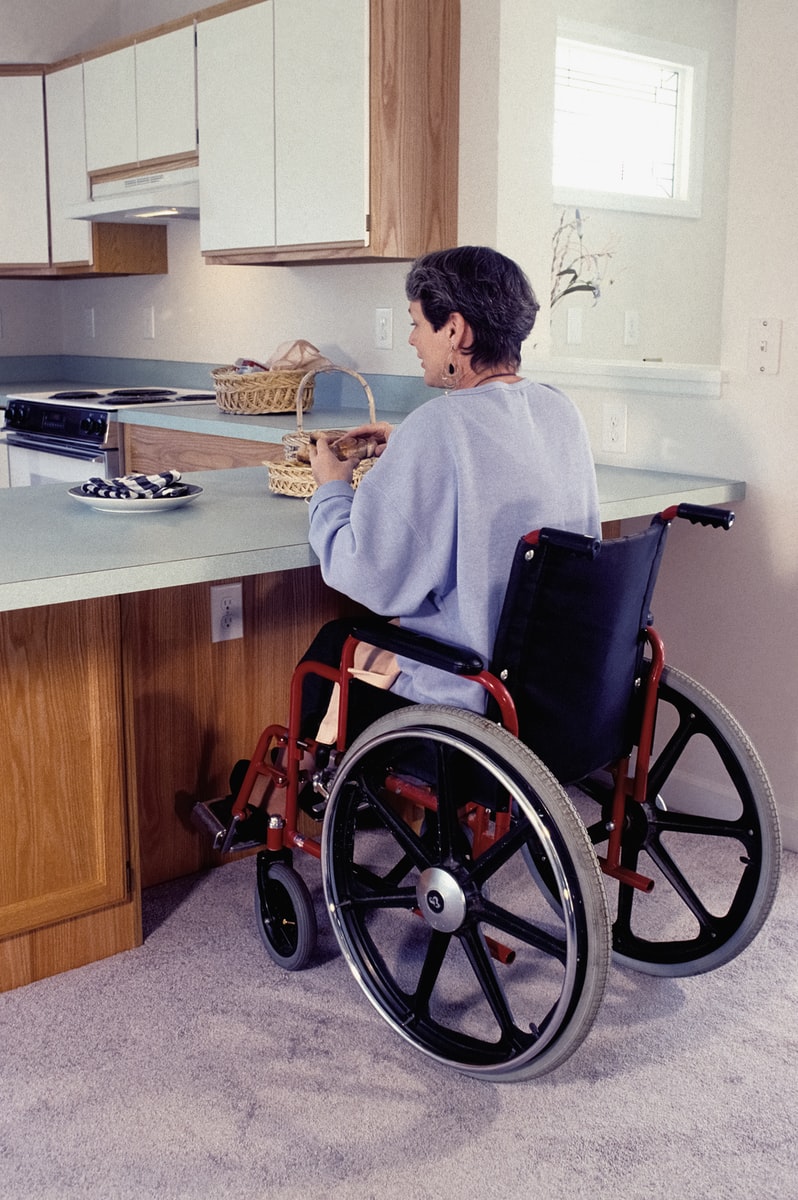If you have been injured at work, you may feel overwhelmed and uncertain about your next steps. You may have questions about filing a claim and getting a fair settlement for your injuries. Knowing your rights and understanding the process can help you get the best outcome for your situation. In the US, over 2.8 people out of 100 get injured at work yearly. However, should this happen to you, you need to know what to do and what to expect.
Overview of Workers’ Compensation System
The workers’ compensation system benefits employees who have been injured while on the job. The workers’ compensation system is state-run insurance; the Federal Employees’ Compensation Act (FECA) provides workers’ compensation coverage. Each state has its own laws and procedures for handling workers’ compensation claims. Benefits paid out under workers’ compensation vary from state to state. In general, workers’ compensation provides the following types of benefits to employees who have been injured on the job:
- Medical Care: Injured workers can seek treatment for their work-related injuries from approved medical providers. Workers’ compensation covers the costs of treatment.
- Disability Benefits: If you cannot work because of your injury, you may be eligible for disability benefits.
- Death Benefits: Workers’ compensation pays benefits to the surviving family members of workers who die because of work-related injuries.
- Educational Benefits: Workers’ compensation may cover the retraining cost if you cannot do your job because of your injury.
How to Make a Claim
The sooner you file a claim, the sooner you can access medical treatment, and your claim will be processed. You can file a claim online, over the phone, or in person at your state’s workers’ compensation office. You will need to provide details about your how you got injured at work and your employer. An investigation will be opened when you file a workers’ compensation claim. The investigation will determine whether your injury was work-related and whether your employer was at fault. For example, suppose you suffered a traumatic brain injury in a work-related fall. In that case, an investigation will determine who is at fault and the next steps your employer needs to take regarding safety concerns and compensation, if applicable.
Tips For Getting a Fair Settlement
When negotiating a fair settlement for your workplace injury, there are a few things to keep in mind:
- You should be prepared to go to a hearing where a judge will decide your case.
- You should be as specific as possible. Workers’ compensation judges will want to know the details of your injury and any lasting effects. They will also want to know how your injury has impacted your life.
- Workers’ compensation judges understand that negotiations often involve a back-and-forth. They expect to see several offers and counter-offers before an agreement is reached. You should be prepared to leave the table if you do not receive a fair offer.
- You should be aware that workers’ compensation judges are not required to accept the first settlement offer presented in a claim.
They have the power to determine the amount of a fair settlement.
Understanding the Appeal Process
If you receive a workers’ compensation decision that you disagree with, you can appeal the decision. You have one year from the date of the initial decision to file an appeal. You can file an appeal online, by phone, or by mail. At the appeal hearing, you will have the opportunity to state your case and present evidence that justifies an increase in your benefits. Workers’ compensation judges who hear appeals do not have any information about the details of your case. They will want to know how your injury has impacted your life, how long it will take you to recover, and whether you can do your job when you are healed.
If you are injured at work, the first thing to understand is that workers’ compensation has nothing to do with insurance. It is a form of insurance, but it is paid by the employer and not an insurance company. Workers’ compensation is not optional. It applies to every employer in every state.


